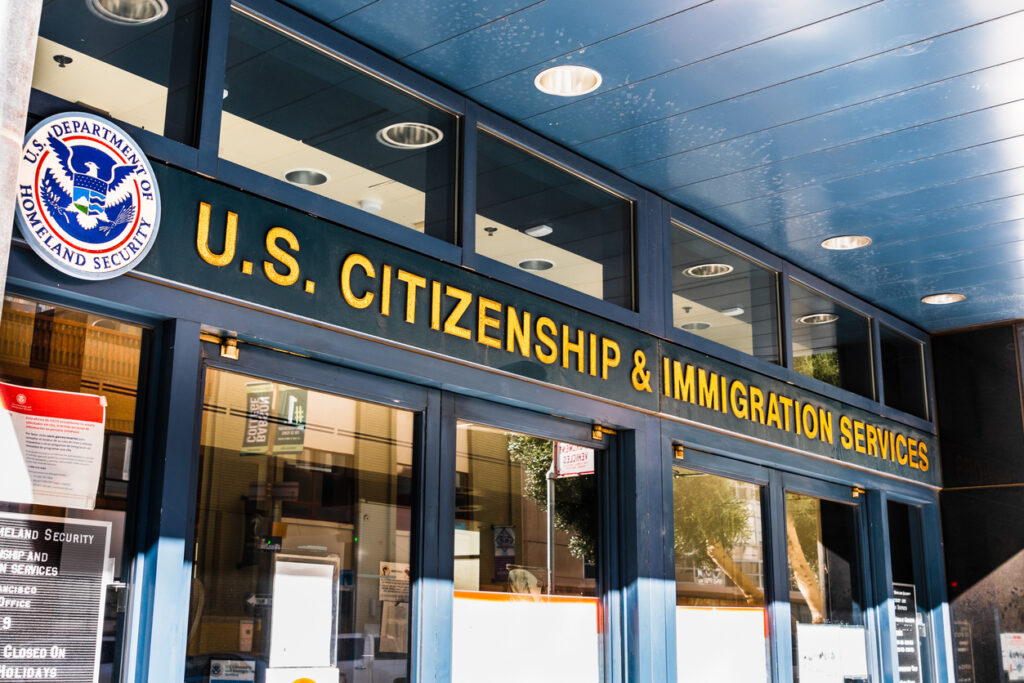Whether you love or hate their influence, these boomer beliefs are still shaping the future of America.

Baby Boomers have been calling the shots for decades, and like it or not, their political views still hold serious weight in America. They’ve influenced everything from elections to policies that affect your daily life, and their impact isn’t fading anytime soon.
While younger generations push for change, Boomers continue to shape the conversation in ways you might not expect. Love them or loathe them, their beliefs are woven into the fabric of the country—and they’re not backing down anytime soon.
1. Baby Boomers have shifted to the right—and they’re not apologizing for it.

Boomers started out as fiery young liberals in the ‘60s and ‘70s, but many have taken a sharp turn toward conservatism over the decades. While they once protested the Vietnam War and championed civil rights, today, a large portion of them vote Republican. Presidents like Ronald Reagan, George W. Bush, and Donald Trump won over many Boomers, solidifying their rightward shift. Their influence in shaping conservative policies remains strong, and they’re not letting go of that power anytime soon.
2. Boomers are a house divided—some went right, others stayed left.

It’s a common mistake to lump all Boomers into one political category, but the truth is, they’re split. Older Boomers tend to lean conservative, while those born in the late ‘50s and early ‘60s still align with the Democratic Party. This divide keeps them politically relevant in both camps. Unlike younger generations who lean overwhelmingly left, Boomers remain a powerful voting bloc with influence on both sides of the aisle. That’s why every election, they still matter.
3. Boomers don’t trust big, sweeping changes—they prefer stability.

Radical reforms? Not for this generation. Boomers tend to be skeptical of massive economic and social overhauls, preferring slow, steady adjustments over drastic measures. Policies like wealth redistribution, universal healthcare, and aggressive climate legislation don’t sit well with many in this group. Their lived experience has taught them that change should be gradual, not revolutionary. While younger voters push for transformation, Boomers hold the line, favoring what they see as tried-and-true systems that have kept the country afloat.
4. Boomers believe America should stay involved in global affairs.

Isolationism isn’t their style. Raised during the Cold War, Boomers strongly support America’s role as a global leader. They remember when the U.S. stood against the Soviet Union, and that mindset still influences their views on foreign policy today. A strong military, active diplomacy, and global alliances are key for them. While younger generations are more skeptical of international intervention, Boomers believe the U.S. has a duty to maintain order worldwide—even if that means conflict, according to Pew Research.
5. Traditional media still rules for Boomers—and it shapes their politics.

Unlike Millennials and Gen Z, who get their news from X (formerly known as Twitter) and TikTok, Boomers stick to television and print media. They grew up watching network news and reading the morning paper, and old habits die hard. Over half of them still rely on TV for political updates, meaning their views are shaped by mainstream networks like Fox News, CNN, and MSNBC. This has contributed to strong partisan divides within the generation, as media echo chambers reinforce existing beliefs.
6. Progressive social policies? Many Boomers aren’t on board.

While younger generations champion causes like LGBTQ+ rights, racial justice, and gender equality, Boomers have been slower to embrace these shifts. Some are set in their ways, resisting what they see as unnecessary cultural upheaval. While liberal Boomers have adapted to modern social movements, conservative Boomers push back against progressive policies, arguing that traditional values shouldn’t be erased. Their reluctance to change has fueled ongoing generational clashes, making them a roadblock to some of today’s social reforms.
7. Social Security and Medicare come first—Boomers won’t let them go.

As they move deeper into retirement, Boomers are laser-focused on policies that protect their financial security. Social Security and Medicare are non-negotiable in their eyes, and any politician threatening those programs risks losing their vote. While younger generations want more funding for education, climate change, and housing, Boomers prioritize ensuring their benefits remain intact. This generational tug-of-war over government spending is only getting more intense as more Boomers retire and demand protections.
8. Boomers trust the government less than their parents—but more than their kids.

Skepticism toward the government runs deep in this generation, but not as deep as in Gen X or Millennials. Boomers witnessed scandals like Watergate and Vietnam-era cover-ups, leading them to question federal institutions. However, compared to younger generations, they still have some faith in traditional structures. While Gen X and Millennials see government as inefficient or even corrupt, Boomers are more willing to trust established systems—just as long as they’re not pushing radical change.
9. Immigration is a hot-button issue for Boomers—and they’re divided.

When it comes to immigration, Boomers don’t all see eye to eye. Some support restrictive policies, aligning with Republican-led efforts to tighten border security. Others take a more moderate stance, favoring a path to citizenship for undocumented immigrants. This internal divide keeps the issue contentious within the generation. While younger Americans overwhelmingly support progressive immigration policies, Boomers remain split, with conservative voices often leading the charge for stricter laws and tougher enforcement.
10. Boomers are clashing with younger generations over who should run the country.

Boomers have been in charge for a long time, and younger generations are getting restless. With Boomers still dominating politics, from the presidency to Congress, many Gen Zers and Millennials feel their concerns—like student debt and climate change—are being ignored. This has created a generational power struggle, with younger voters calling for new leadership while Boomers push back, insisting experience matters. As long as Boomers keep showing up at the polls, they’ll continue shaping America’s political future.
